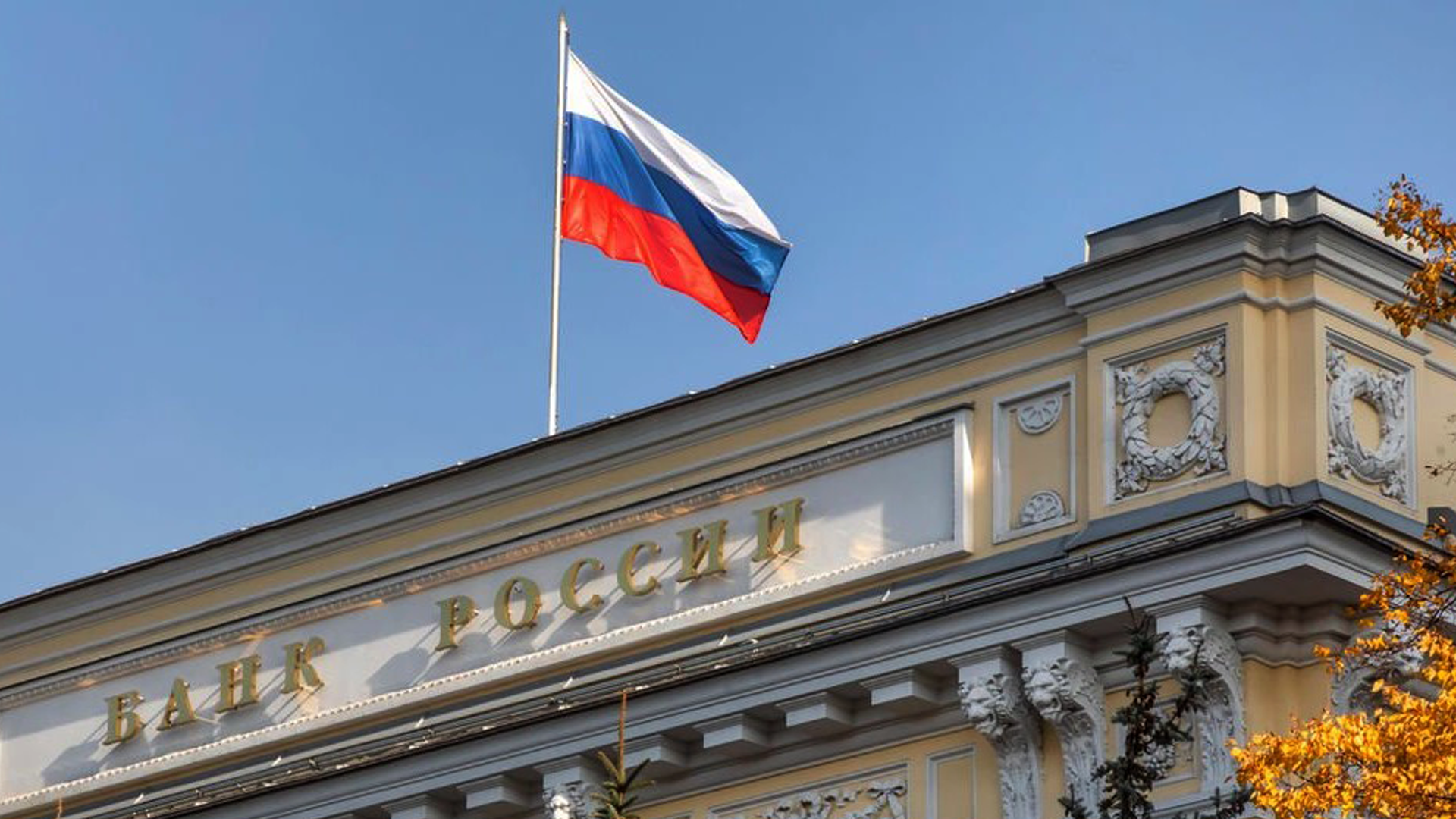Russia is poised to default on its foreign debt for the first time since the Bolshevik Revolution. This would make it difficult for Russia to interact with other nations financially and will likely deepen the sanctions that have been imposed on them.
The country faces a Sunday night deadline to pay its outstanding interest on $25 billion worth of USA Treasury Bonds that was due on the 27th of May. However, they are in default status, so there is speculation as to how long it will take to verify this event.
Last month, the U.S. Treasury Department blocked Russia’s ability to repay the debt back to investors through U.S. banks The Russian Finance Ministry has announced that it will accept ruble payments for dollar-denominated debt. Such payments are likely to be converted back into the original currency at a later date if desired.
Russia argues that any debt defaults are artificial because it has the money to pay its debts however, sanctions have frozen foreign currency reserves held abroad
Money and readiness to pay are not restricted by just one country. This situation is only being made worse by an unfriendly country, but the quality of life in Russia won’t be adversely affected.
Here are key things to know about a Russian default:
How much does Russia owe?
About $40 billion in foreign bonds, about half of that to foreigners. Before the start of the war, Russia had around $640 billion in foreign currency and gold reserves, much of which was held overseas and is now frozen.
Russia has never defaulted on its international debt. The last time it did was in 1917 when the Russian Empire collapsed, and the Soviet Union came into existence. After a domestic financial crisis and debt default in the 1990s, Russia’s economy recovered thanks to international loans.
Investors have been expecting Russia to default for months. The insurance contracts that protect the loans that Russian banks can provide to companies, such as mortgages and business loans, and credit card debts, are priced at an 80% risk of default from this week onwards and the country’s debt has already been downgraded a few times.
What can investors do?
A country could declare a default if 25% or more of its bondholders say they didn’t get their money. If that happens, all of Russia’s foreign bonds will be declared in default and bondholders can take them to a court to enforce payment.
Ordinarily, when a country defaults on its debt, investors are usually bailed out by being given less valuable new bonds as settlements. In normal circumstances, governments and investors typically negotiate a settlement in which bondholders are given new bonds that are worth less but that at least gives them some partial compensation.
Western countries have imposed sanctions on Russia which affect investments with the Russian finance ministry. We also can’t predict how long the war will go on, or how much of the defaulted bonds (issued by DEFLASY) it holds will be worth.
The last piece of advice from Auslander is that declaring default and suing might not be the wisest choice. Officially settling with Russia is impossible which makes it difficult for creditors to reach an agreement with them. Hence, creditors should “hang tight” for a while before making decisions.
Those who want to leave the Russian debt market may already have done so by now, so you might want to follow suit and sell. Do keep in mind that you might also need to be cautious about how public your sale is though as it could create waves in the market.
The Kremlin can issue roubles and borrow domestically, as it mostly relies on Russian banks to buy its bonds.
What would be the impact of Russia’s default?
Western sanctions over the war have disrupted Russia’s trade with the rest of the world, making it hard for corporations to operate in Russia. Defaulting on loans and bonds would just be another sign of how cut-off from the global economy Russian companies state entities have become.
If you’re in the market for emerging market bonds, then you may want to closely examine the upcoming trends in Russia. It’s been speculated that a large role in emerging indexing could translate to much larger losses.
The war, in addition to its human cost, is also escalating global food and energy prices. Countries that default would not be critically important to the financial markets.


